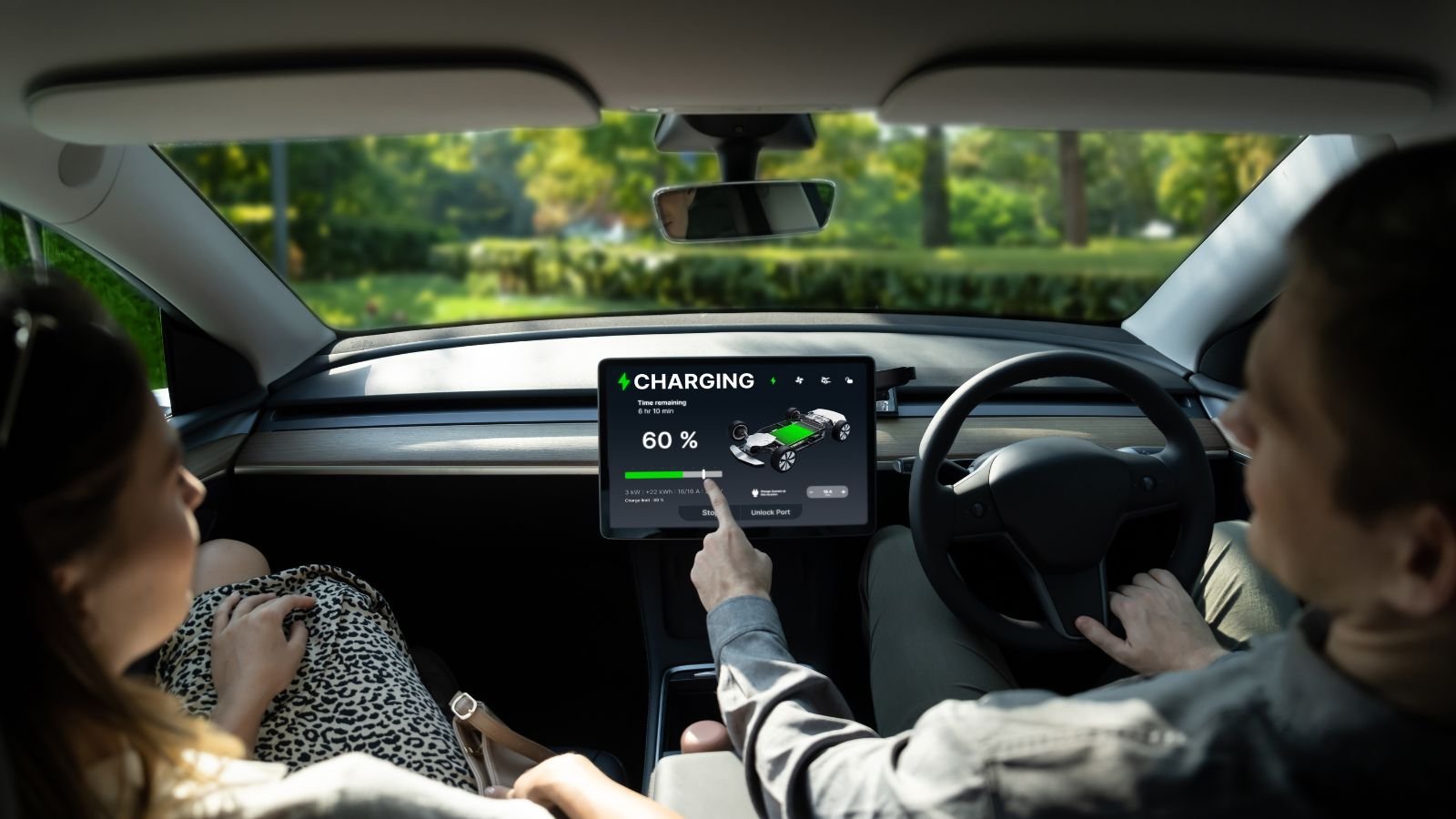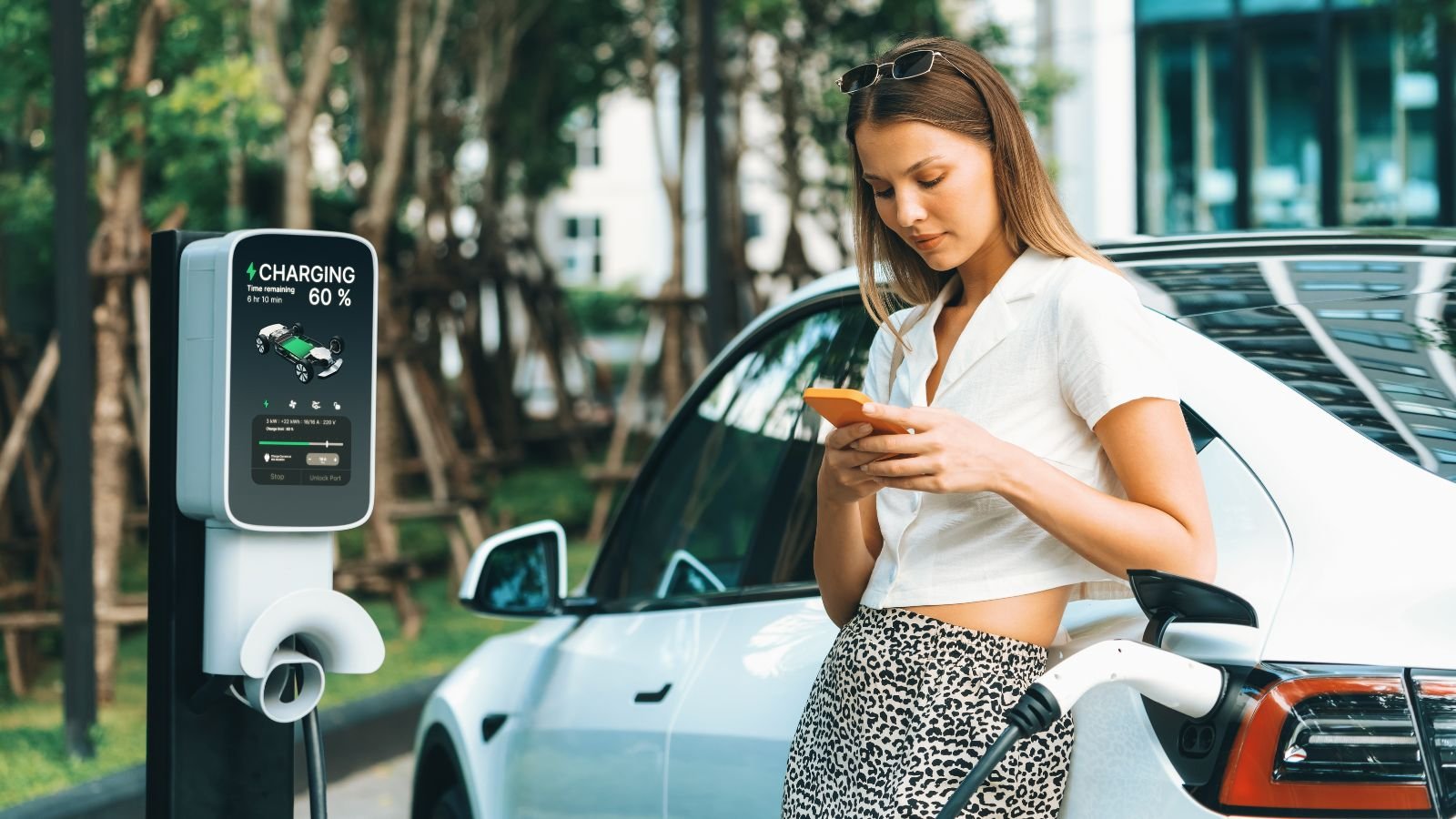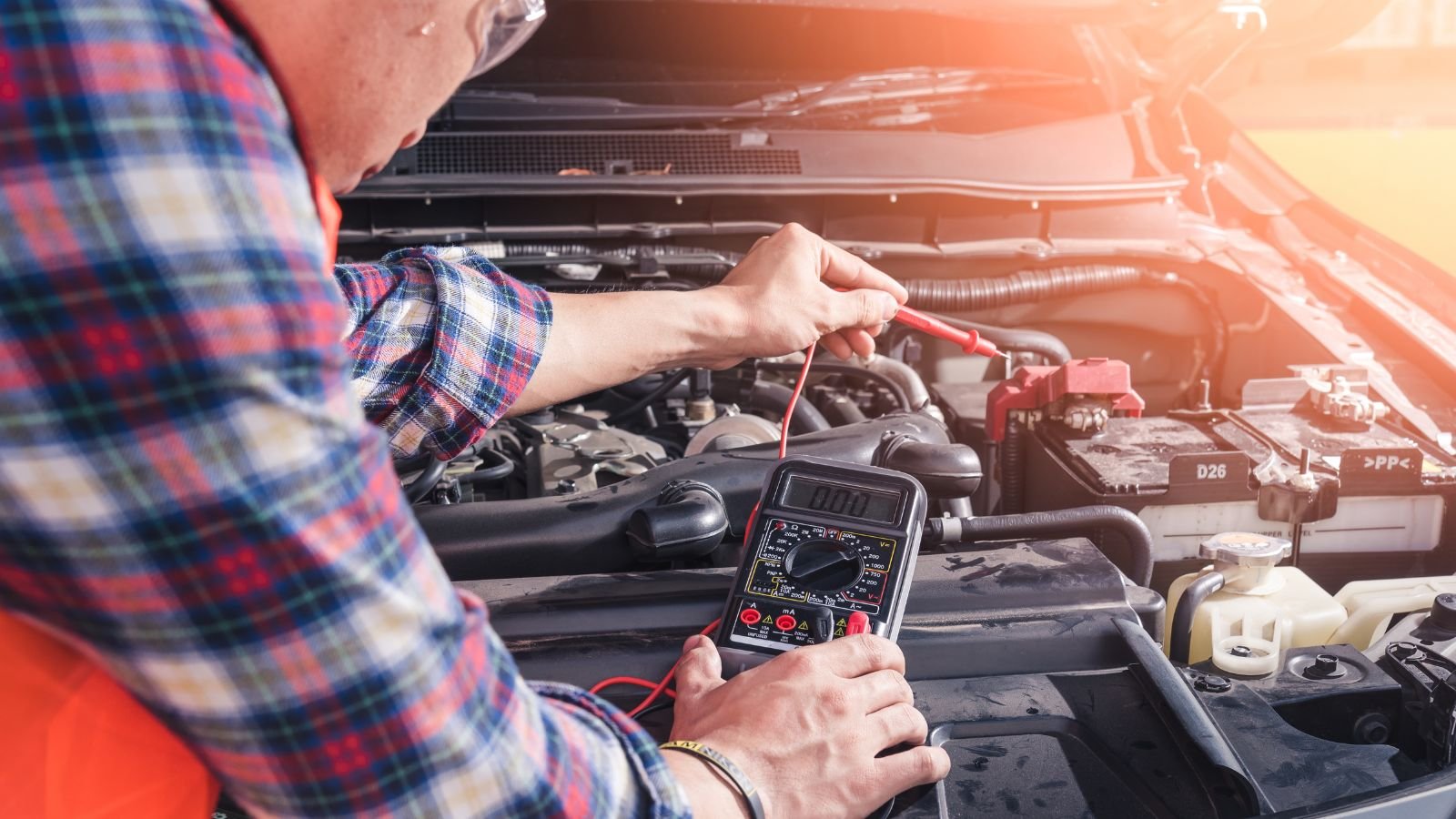If you are considering alternatives to fully electric cars, hybrid cars might seem like a middle ground. Some find comfort in having both an internal combustion engine (ICE) and electric power. However, hybrid cars introduce complexities that can lead to various issues compared to all-electric vehicles.
Dependency on Fuel

Hybrid vehicles rely on gasoline, which contradicts the shift towards eco-friendly transportation. With limited electric range, they offer little respite from fossil fuel consumption, which results in skepticism about their environmental benefits. Despite attempts to reduce emissions, hybrids remain tethered to fossil fuel sources, hindering progress towards sustainable mobility solutions.
High Repair Cost

The sophisticated systems of hybrid cars lead to higher repair costs and require specialized experts for servicing. Despite potential fuel savings, the elevated maintenance expenses offset the economic advantages of owning a hybrid car. As the automotive industry transitions towards electrification, the affordability of hybrid maintenance emerges as a critical consideration for prospective buyers.
Limited All-Electric Range

The short electric range of hybrid cars, often spanning only 25 to 35 miles, of minimal utility for daily commutes. The restricted range undermines the purpose of integrating electrical components. It casts doubt on the practicality of hybrid vehicles. As urbanization increases and commuting distances grow, the inadequate electric range of hybrids becomes a significant drawback for users.
High Cost of Battery Replacement

Hybrid vehicles incur high battery replacement costs, mirroring the expense of electric vehicle batteries. It often requires replacement after 8-15 years or 100,000-150,000 miles. These replacements usually cost upwards of $20,000 and are a financial burden. The hefty battery replacement price tag outweighs any hybrid usage fuel savings. Despite advancements in battery technology, the cost-effectiveness of hybrid ownership remains controversial among consumers.
Less Range in Extreme Weather Conditions

Extreme weather conditions like too hot or cold weather significantly impact the range of electric vehicles. The range is reduced by around 20%. It poses challenges for hybrid cars with short electrical ranges. This limitation renders the electric mode ineffective, raising doubts about the practicability of hybrids in varying climates. As climate change intensifies, the reliability of hybrid cars in extreme weather conditions becomes a growing concern for potential buyers.
Complex Maintenance Process

The dual power sources of hybrid cars necessitate intricate maintenance procedures. This increases the servicing costs. The complexity of hybrid systems results in more frequent repairs. This compels the owner of these cars to allocate additional resources for upkeep. The higher maintenance requirements deter some buyers from opting for hybrid vehicles as their primary mode of transportation.
Few Models Options

The limited availability of hybrid models restricts consumer choice, with the majority of options being niche or high-end vehicles. Only about 33 hybrid models are available in the U.S. Some of these are expensive sports cars that ordinary consumers are not interested in. This scarcity hampers accessibility to hybrid technology, constraining its adoption among mainstream car buyers. Despite growing interest in eco-friendly vehicles, the lack of diverse hybrid offerings impedes market penetration and consumer acceptance.
Impact on the Environment

While hybrids offer an improvement over traditional gasoline vehicles, their reliance on fossil fuels undermines their environmental credentials. The persistent emissions from gasoline engines detract from their eco-friendly image. It highlights the superiority of all-electric alternatives. As environmental consciousness grows, consumers seek vehicles with minimal carbon footprints. Today’s users are more focused on the shift towards all-electric vehicles as the most sustainable transportation option.
Higher Upfront Costs

Hybrid cars often have a higher initial price tag than traditional gasoline-powered vehicles, which deters budget-conscious buyers from investing in these models. Despite potential long-term fuel savings, the absent cost of hybrid cars remains a significant barrier for many consumers seeking economical transportation solutions.
Limited Availability of Charging Stations

Unlike all-electric cars, hybrids often rely on traditional gasoline stations for refueling. This limits their accessibility and convenience for users, especially in areas with limited charging infrastructure. This reliance on gasoline further perpetuates fossil fuel consumption and contributes to environmental degradation. It undermines the actual benefits of hybrid technology.
Lack of Cargo Space

The dual-motor setup of hybrid cars encroaches on cargo space. It diminishes practically for families and frequent travelers. The compromised cargo capacity limits their suitability for transporting bulky items or accommodating passengers and luggage. Consumers privatize versatility and utility in their vehicles. That is why the reduced cargo space of hybrids becomes a considerable drawback that influences purchase decisions
Issues Regarding Battery Disposal

Hybrids encounter battery disposal challenges similar to those faced by electric vehicles. The lack of effective recycling methods for hybrid batteries creates environmental concerns and underscores the need for sustainable battery disposal practices. As hybrid ownership increases, the proper disposal and recycling of hybrid batteries becomes extremely critical. It is required to mitigate the environment and promote a circular economy.
Regenerative Braking

Regenerative braking is a feature commonly found in hybrid cars. This technology is not exclusive and is also present in many all-electric cars. This braking system converts kinetic energy into electrical energy. It is then stored in the vehicle’s battery for later use. While beneficial for improving energy efficiency, regenerative braking alone does not outweigh the numerical drawbacks associated with hybrid vehicles.
Complex Hybrid Systems

Hybrid vehicles incorporate intricate systems that combine internal combustion engines with electric motors and batteries. It results in increased complexity compared to traditional gasoline-powered cars. This complexity raises the likelihood of mechanical features. It also complicated maintenance and repair procedures, leading to higher costs and longer downtimes for owners.
High Depreciation Rates

Hybrid vehicles tend to experience higher depreciation rates compared to all-electric vehicles. This can result in a significant loss of resale value over time. It makes hybrids a less appealing investment for buyers concerned about long-term financial implications. The complex hybrid technology and the rapid advancement of electric vehicle technology contribute to faster depreciation. It further diminishes the attractiveness of hybrids in the automotive market.
